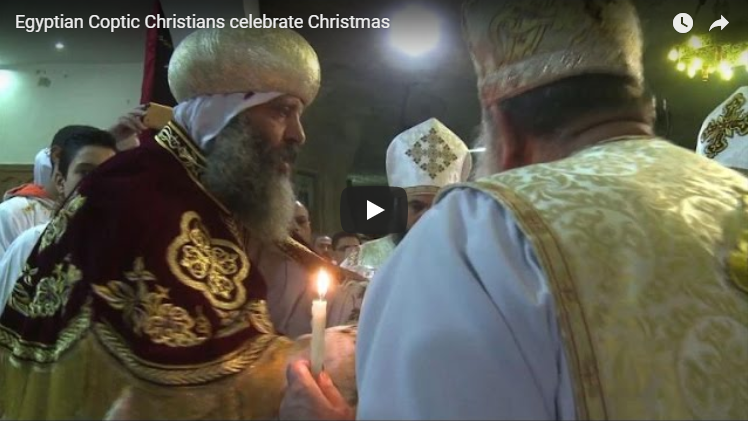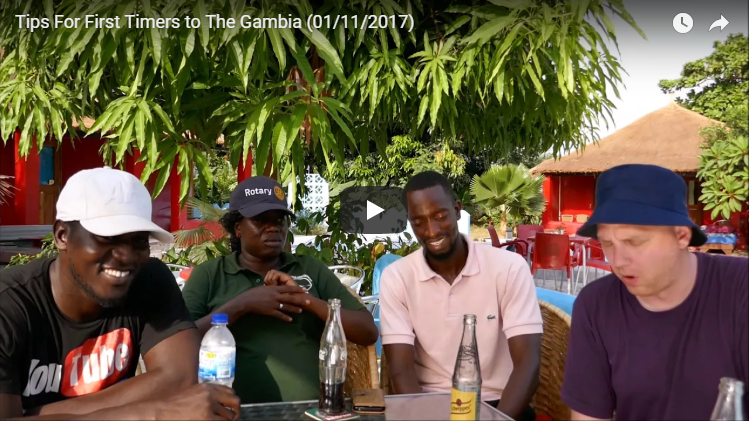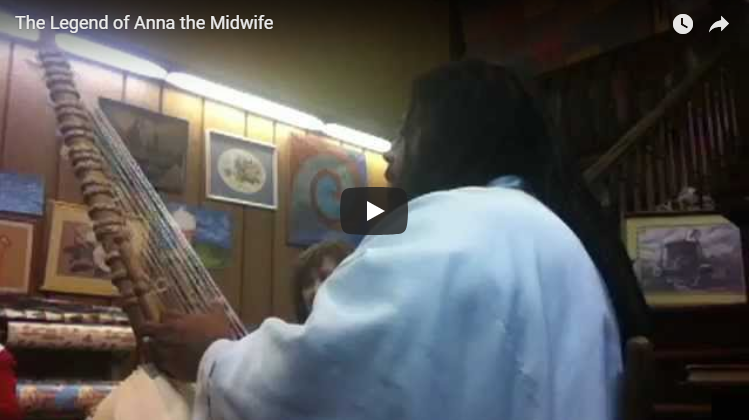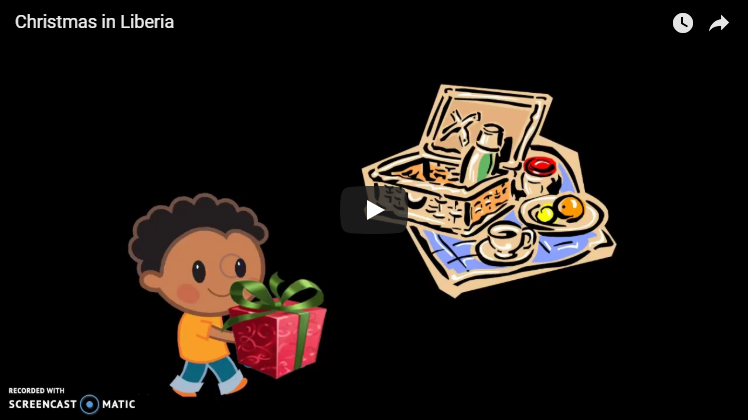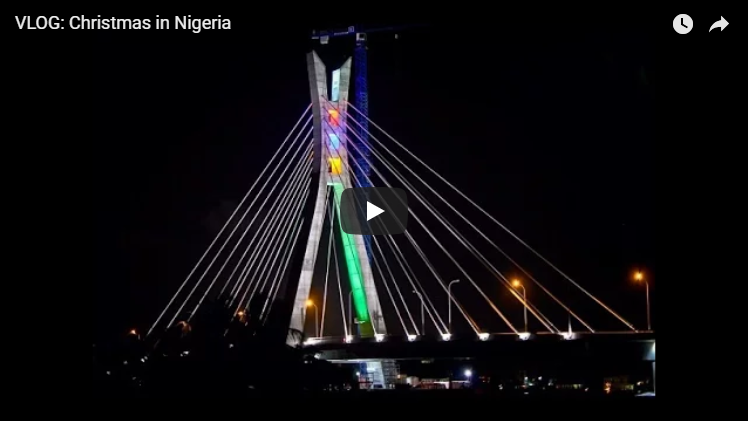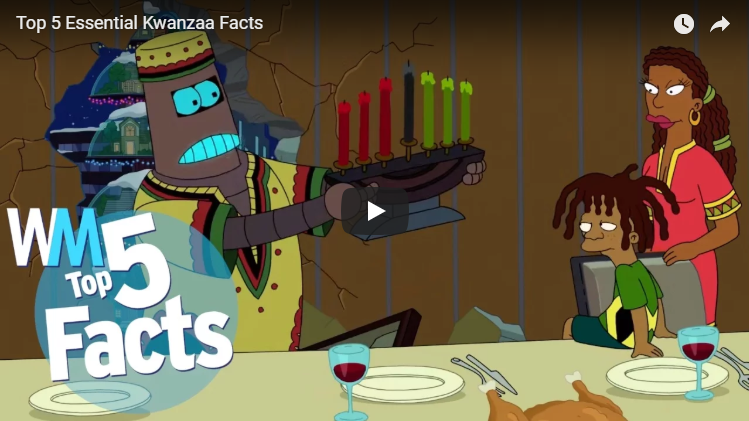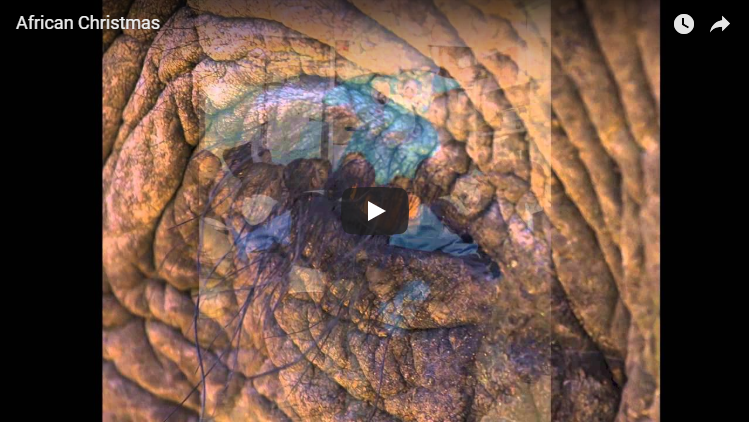Celebrating Christmas in Africa
From church services and nativity plays to giant floats and musical morality tales, Africa has its own festive traditions for Christmas.
The December festive season is celebrated the world over, in many varied and unique ways. Africa also has its own traditions and customs when it comes to marking the most important date on the Christian calendar.
Here are some of the ways African countries celebrate the festive season, embracing all races, religions and customs.
African Coptic celebrations
Coptic Christians in Egypt, Ethiopia and other parts of north and east Africa celebrate Christmas on 7 January, based on the older Julian calendar.
The day is preceded by a 40-day fast culminating in a Christmas Eve feast on 6 January called the Glorious Birth Feast. The feast features traditional foods and sweets, including baked biscuits called kahk, which children leave out for Baba Noël (Father Christmas).
Devotees also attend hours-long liturgy services highlighting many unique Coptic traditions that celebrate the birth of Christ.
The Gambia’s lantern festival
The Gambia holds an annual celebration of light, music and community during Christmas, with communities creating giant, brightly lit and coloured floats of bamboo and paper called fanals (lighthouses).
These travel around neighbourhoods collecting donations for the poor and contributions for a large community celebration at the end of the evening. The fanals are following by choirs singing both traditional Christmas carols and African songs.
Ghana celebrates women
The Ga people of Ghana use Christmas to celebrate the importance of women in the community – particularly midwives. This is based on the local legend of Anna, whom many believe helped deliver the baby Jesus.
The towns and cities honour the story of Anna with festivals filled with song and dance, special foods, and a performance of the legend’s story for children. The children, inspired by the story, then parade through the streets at midnight on Christmas Eve, chanting “Christ is near, Christ is coming, Christ has come”.
Women in the communities are then honoured with gifts and tributes.
The ‘Old Man Beggar’ of Liberia
There is no Santa Claus or Father Christmas in Liberia. Instead, children believe in the legend of the Old Man Beggar. An ‘old man’ parades the streets on Christmas Eve performing morality tales filled with social commentary that chastises the wealthy who do not give to the poor. The performances are filled with singing, dancing and humour aimed at teaching children the importance of giving and supporting those less fortunate.
The parade of the old man culminates in a festival of food and celebration, with the main meal being a goat stew served with biscuits – part of the Old Man Beggar legend.
Palms and ekon nativity plays in Nigeria
Instead of traditional Christmas trees, Nigerians use palm branches, symbolising peace. The branches are used to decorate towns and houses.
Combining both modern Christmas and old-fashioned Nigerian customs, traditional ekon drama groups, made up of amateur actors, present performances of the nativity in towns across the country. The plays blend Western and African elements of the Christmas story.
Kwanzaa is not celebrated in Africa
While incorrectly believed to have originated in Africa, the African-American Christmas celebration of Kwanzaa is exclusively celebrated in the United States and Canada. However, it does include tenets of Ubuntu and indigenous African customs.
Devised by American pan-Africanist scholar Professor Maulana Karenga in 1966, Kwanzaa takes most of its traditions and etymology from Swahili culture – Kwanzaa means “first fruits of the harvest”.
The week-long celebration between 26 December and 1 January is a reaffirmation of many Americans’ African roots and a celebration of communitarian African philosophy. It is celebrated by over two million African-Americans annually.
How to Say Merry Christmas in Africa
Akan (Ghana) – Afishapa
chiShona (Zimbabwe) – Muve neKisimusi
isiZulu (South Africa) – Sinifisela uKhisimusi omuhle
siSwati (Swaziland) – Sinifisela Khisimusi Lomuhle
kiSwahili (Tanzania, Kenya) – Kuwa na Krismasi njema
Amharic (Ethiopia) – Melkam Yelidet Beaal
Egyptian Arabic (Egypt) – Colo sana wintom tiebeen
Yoruba (Nigeria) – E ku odun, e hu iye’ dun
Source: Wikipedia, AFKInsider, Africa.com


